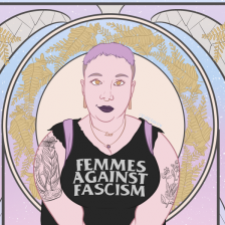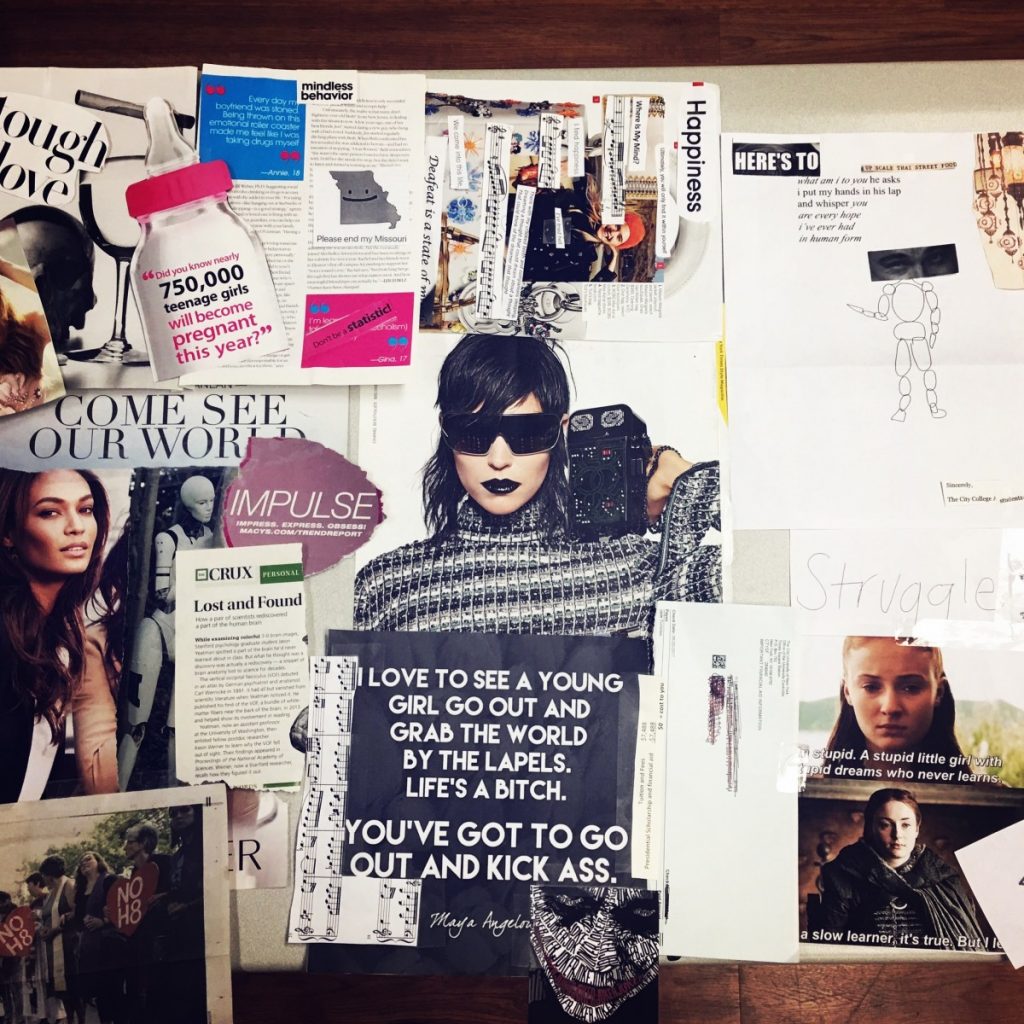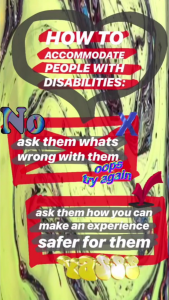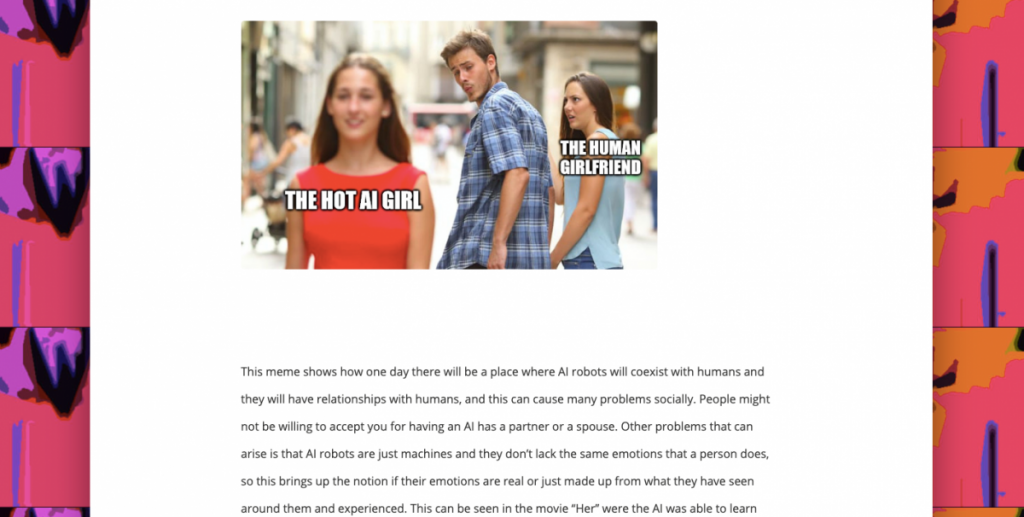As a sick and disabled disability justice scholar, I have spent all year asking everyone to slow down. Luckily, many folks I work with understand the importance of what I am asking, even as we still have deadlines and timelines to hit. Others feel the pressure even more intensely: my Black and brown and Asian colleagues, more precarious workers at CUNY, colleagues on a tight tenure clock, scholars unable to find full-time work or any work at all. It feels like there is no time, not enough time.
It’s been a whole year since I last saw any of my colleagues in-person. People have had babies, gotten ill and become disabled, articulated their gender in new ways, graduated and defended dissertations, and moved away. All of this has happened without fanfare or celebration or gathering.
What hasn’t happened: collective mourning, solidarity with sick and disabled people, or ethical leadership in higher education.
2020 was tough on everyone. Even those of us privileged enough to be able to work from home without disrupting our finances too much, we have witnessed a lot of loss. Every day, friends of friends post about the passing of beloved parents, grandparents, disabled pals, frontline and essential workers. My own chronic illnesses have worsened dramatically during a year without medical care, and I have to spend a huge portion of my time resting and recovering, storing up energy for a few synchronous events a week. In between, I am lying down. I have learned the hard way that to ignore the rest my bodymind demands is to betray myself and my work; rest—challenging the voices that berate me for taking a break—is an essential piece of my access-focused pedagogies and methodologies.
My closest friends and family are almost all fully vaccinated against Covid-19. Most of us are white, financially stable, employed, and hold at least Bachelor’s degrees. The story is not the same for CUNY students. Early figures don’t give a lot of information, but knowing that 85% of CUNY undergraduates are students of color paints a grim picture for their vaccination access. Many CUNY students work service jobs in retail, food service, and healthcare, and some are eligible through their jobs. And many Black and brown CUNY students have rightful hesitations about receiving brand-new medical procedures without a fuller picture of how the Covid vaccines may affect them long-term.
All of this is to say: this year has hardened a lot of us who work to educate and support student success. If before, faculty stringently enforced attendance policies, now we want proof of a positive Covid test to excuse an absence. Pictures of funeral programs, or a death certificate. More medical documentation for new disabilities emerging from post-Covid infection or medical neglect. The lack of care and compassion here is alarming. We absolutely must do better: learn to trust students and each other.
For me, working on my dissertation has been an elusive project. After four years of steady work on my dissertation, I have ground to a halt. My emotional capacity, necessary for my work in autoethnography, is near zero. I fill my time with applications for awards that I will never receive in an academic climate that fetishizes machine-like production that I can never even hope to emulate. I had *7* interviews in 2 weeks for 5th-year fellowships for my graduate program. I submit documentation to account for my slow timeline, while pre-Covid, I burned through doctoral coursework and exams with lightning speed. I am so tired, and I want nothing but a break.
As our patience wears thin, I invite all of us—but especially faculty—to slow down. Our breakneck pace to keep up with an invisible, always-moving goalpost will not protect us from pain, loss, and trauma. It definitely is not protecting our students, who have experienced incalculable devastation: economic crashes resulting in homelessness, food insecurity, mourning for a world they were promised that no longer exists.
From the former captain of Team Doing-Too-Much, I am asking you to please slow down. Rates of psychiatric illness (anxiety, depression, agoraphobia, panic) for higher education students and workers are spiking from previously record-setting highs, and we’re losing community members to suicide. Many folks who contracted Covid are now disabled by post-viral illness, and parents (mostly mothers) are profoundly burdened by lack of safe childcare. In disability justice communities, flexible deadlines, communicating openly about access needs, and extending gracious trust are central practices to building community and solidarity. I invite all of us to learn from the radical disabled people who center care and compassion in every relationship. Try to rest: sit and chat with a loved one without checking emails in the background; try out a video game you’re curious about and just be terrible at it for a while; share a meal over video call with your best friend. Your bodymind, your spirit, will thank you.






